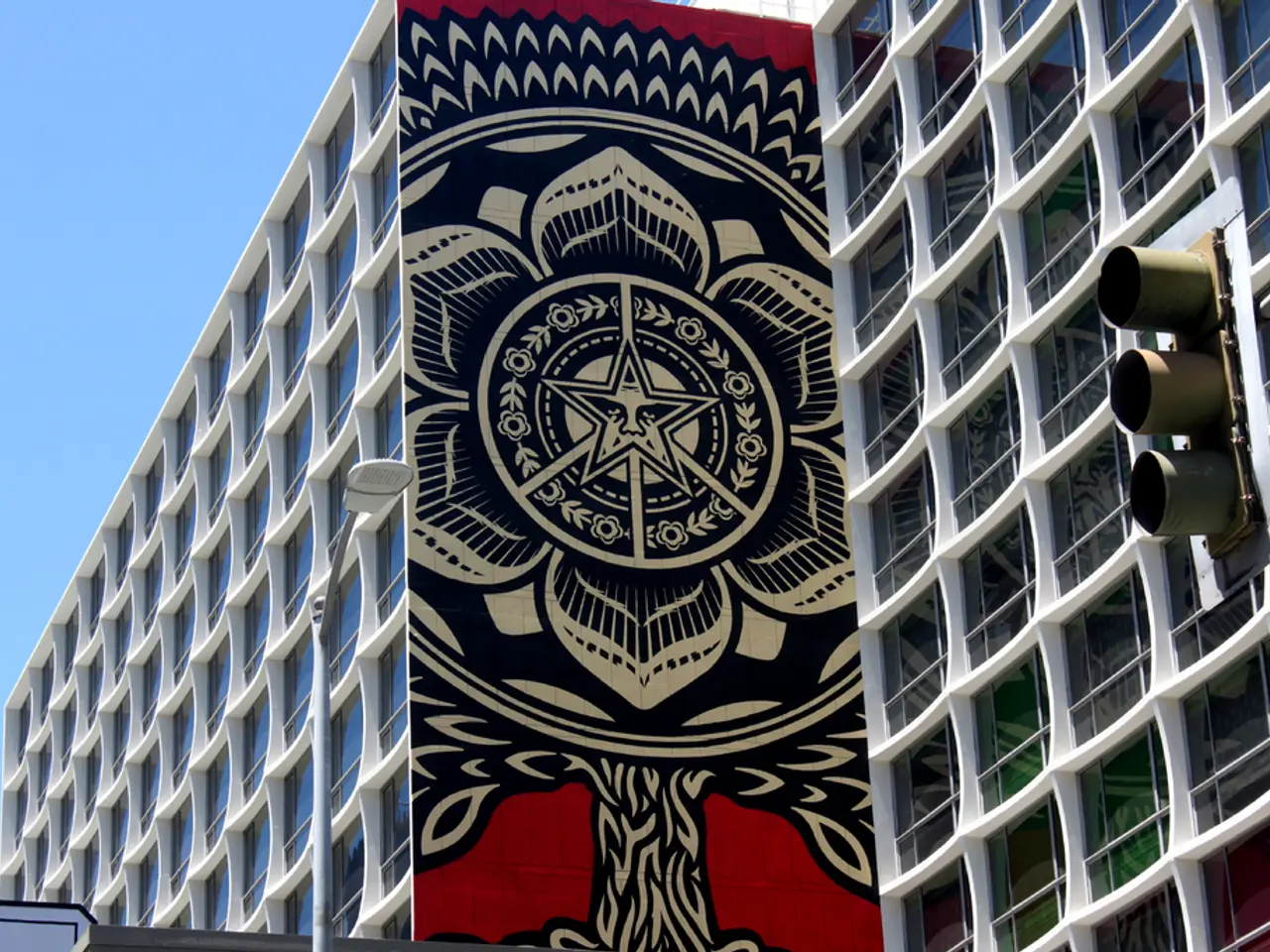Romanian deputy prime minister under fire for allegedly bribing an ANAF inspector through one of his businesses
In a shocking turn of events, Deputy Prime Minister Dragoș Anastasiu tendered his resignation on July 27, 2025, following a corruption scandal involving one of his companies, Eurolines. The scandal, which came to light on July 25, has been making headlines ever since.
Between 2009 and 2017, Eurolines paid bribes amounting to approximately €150,000 to a Romanian tax agency (ANAF) inspector, Georgeta Angela Burlacu, at a rate of €2,000 per month. Burlacu, who was indicted in 2018 and sentenced to 5 years and 2 months in prison in 2023 for bribery and influence peddling, had her son as the owner of the company receiving the payments.
Anastasiu testified that he saw the contract proposal as a form of blackmail but also as protection from tax inspections, having been told “everything will be fine.” He further claimed that he was pressured and blackmailed by the Romanian state to accept consultancy contracts for fixing irregularities discovered during audits.
It's important to note that Burlacu's son was not convicted due to the statute of limitations. The information about the bribes and the case comes from Biziday.
The government defended Anastasiu, stating that he did not have the status of a whistleblower, suspect, defendant, or convict in the DNA case, but only that of a witness. Anastasiu expressed hope that more entrepreneurs will find the courage to never accept pressures like those they have been subjected to.
The photo source for this article is gov.ro. This is a developing story and more updates will follow as information becomes available.
[1] Source: Various news outlets [2] Source: Facebook statements by Anastasiu and government press releases
The scandal surrounding Deputy Prime Minister Dragos Anastasiu's resignation, involving Eurolines and alleged bribes to a Romanian tax agency, has expanded beyond general-news headlines to encompass politics and crime-and-justice, given the new revelations about pressures and blackmail Anastasiu faced. As the government defends Anastasiu, many question if the general public will be willing to trust political figures amidst such allegations, providing ample opportunity for further investigation and discussion in these realms.








